
When should I start planning to study abroad?
Early planning is the key to successful study abroad. Hundreds of study abroad opportunities exist; they differ in location, duration, curriculum, language, degree of cultural immersion, cost, and many other factors. In order to find the program that is the right “fit” for your personal and academic objectives, you should begin planning your study abroad experience at least one semester before you actually depart.

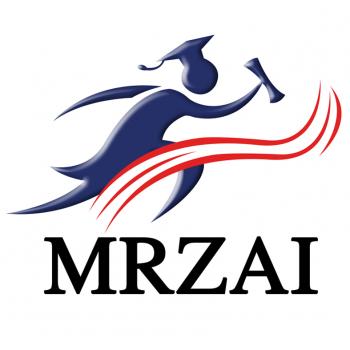
How will a study abroad experience enhance my employability after I graduate?
Employers increasingly seek graduates who have international experience, and a study abroad experience will enhance your employability. International knowledge, cross-cultural communication skills, flexibility, resilience, and the ability to adapt to new circumstances are skills enhanced through study abroad that are important to employers in various fields.
According to a June 2007 article in the Going Global newsletter, global executives say that “study abroad boosts employability” and here are a few reasons why:
• Three out of four executives cite study abroad as important when evaluating candidates for junior-level positions.
• Eight in 10 human resource (HR) executives surveyed believed that a study abroad experience was an important factor for overseas job placement within their companies.
• Two-thirds (67 percent) of HR executives surveyed said that a study abroad experience within a culturally diverse student environment distinguishes a job candidate.
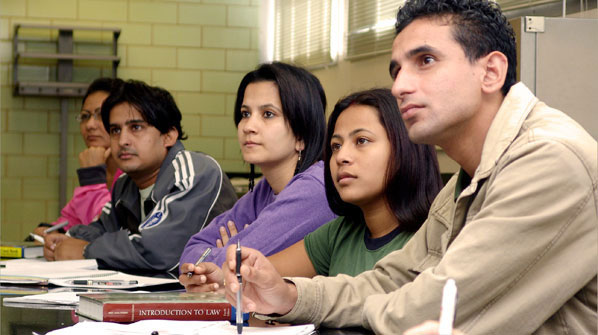

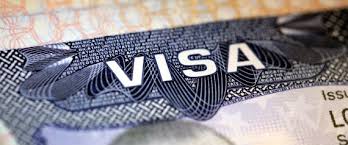
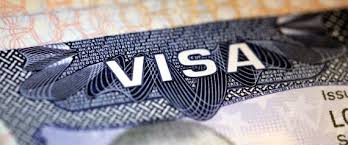 Although you should remember to bring all potentially useful documents, it is also important to remember that the visa interview is a conversation, not a document review session. The best thing that you can do is to clearly articulate
Although you should remember to bring all potentially useful documents, it is also important to remember that the visa interview is a conversation, not a document review session. The best thing that you can do is to clearly articulate








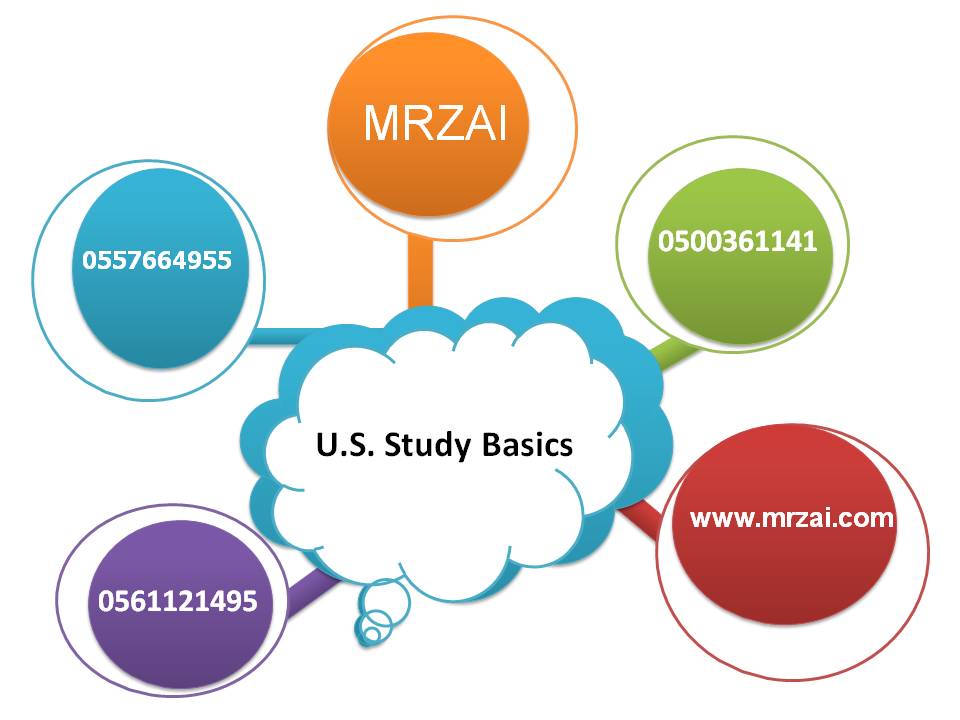
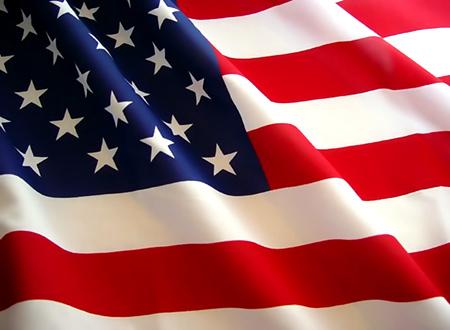 How do I choose a college or university?
How do I choose a college or university? Accreditation recognition.
Accreditation recognition.  Areas of study. Even the biggest schools do not prepare students for every career be sure the types of programs that you are interested in are offered by the schools that you are considering.
Areas of study. Even the biggest schools do not prepare students for every career be sure the types of programs that you are interested in are offered by the schools that you are considering. Location. Variations in climate and landscape are large in the United States.
Location. Variations in climate and landscape are large in the United States.  Type of institution. Institutions may be public, private, or religiously affiliated. They may be large or small, have many international students or only a few.
Type of institution. Institutions may be public, private, or religiously affiliated. They may be large or small, have many international students or only a few. Qualifications and research interests of faculty. A match with faculty interests is particularly important for graduate students.
Qualifications and research interests of faculty. A match with faculty interests is particularly important for graduate students. Facilities and special resources or programs.
Facilities and special resources or programs.  Admissions standards.
Admissions standards.

 When I apply to universities, what admission tests may I be expected to take?
When I apply to universities, what admission tests may I be expected to take? TOEFL. If English is not your native language, you must submit a Test of English as a Foreign Language (TOEFL) score. Many institutions require a minimum score of about 80 on the Internet-based (iBT) TOEFL, about 213 on the computer-based version of the TOEFL (a version of the test no longer offered), or about 550 on the paper-based version for both undergraduate and graduate students to enter their academic programs. A few schools may not require the TOEFL if you completed high school or college in the United States or if you graduated from a four-year, degree-granting institution where English is the language of instruction.
TOEFL. If English is not your native language, you must submit a Test of English as a Foreign Language (TOEFL) score. Many institutions require a minimum score of about 80 on the Internet-based (iBT) TOEFL, about 213 on the computer-based version of the TOEFL (a version of the test no longer offered), or about 550 on the paper-based version for both undergraduate and graduate students to enter their academic programs. A few schools may not require the TOEFL if you completed high school or college in the United States or if you graduated from a four-year, degree-granting institution where English is the language of instruction. SAT® Reasoning Test®. The SAT Reasoning Test may be required of undergraduate applicants. No standard score is required; results are weighed with secondary school grades and other elements of the undergraduate application.
SAT® Reasoning Test®. The SAT Reasoning Test may be required of undergraduate applicants. No standard score is required; results are weighed with secondary school grades and other elements of the undergraduate application. SAT Subject Tests. Each SAT Subject examination tests knowledge in a specific subject area. One or more may be required of some undergraduate applicants.
SAT Subject Tests. Each SAT Subject examination tests knowledge in a specific subject area. One or more may be required of some undergraduate applicants.
 Education is an investment in your future that can bring great returns. U.S. study offers more choices than any other educational system, allowing you to match your future plans closely with your curriculum.
Education is an investment in your future that can bring great returns. U.S. study offers more choices than any other educational system, allowing you to match your future plans closely with your curriculum. Planning
Planning Sources of Financial Aid
Sources of Financial Aid For More Information on Financial Aid Information
For More Information on Financial Aid Information Planning
Planning College and university application fees
College and university application fees Fees for standardized tests
Fees for standardized tests Tuition
Tuition Required fees
Required fees Travel expenses
Travel expenses Housing and meals
Housing and meals Books and supplies
Books and supplies Health insurance
Health insurance Clothing, recreation, incidental expenses
Clothing, recreation, incidental expenses
 Education is an investment in your future that can bring great returns. U.S. study offers more choices than any other educational system, allowing you to match your future plans closely with your curriculum.
Education is an investment in your future that can bring great returns. U.S. study offers more choices than any other educational system, allowing you to match your future plans closely with your curriculum. Planning
Planning Sources of Financial Aid
Sources of Financial Aid For More Information on Financial Aid Information
For More Information on Financial Aid Information Planning
Planning College and university application fees
College and university application fees Fees for standardized tests
Fees for standardized tests Tuition
Tuition Required fees
Required fees Travel expenses
Travel expenses Housing and meals
Housing and meals Books and supplies
Books and supplies Health insurance
Health insurance Clothing, recreation, incidental expenses
Clothing, recreation, incidental expenses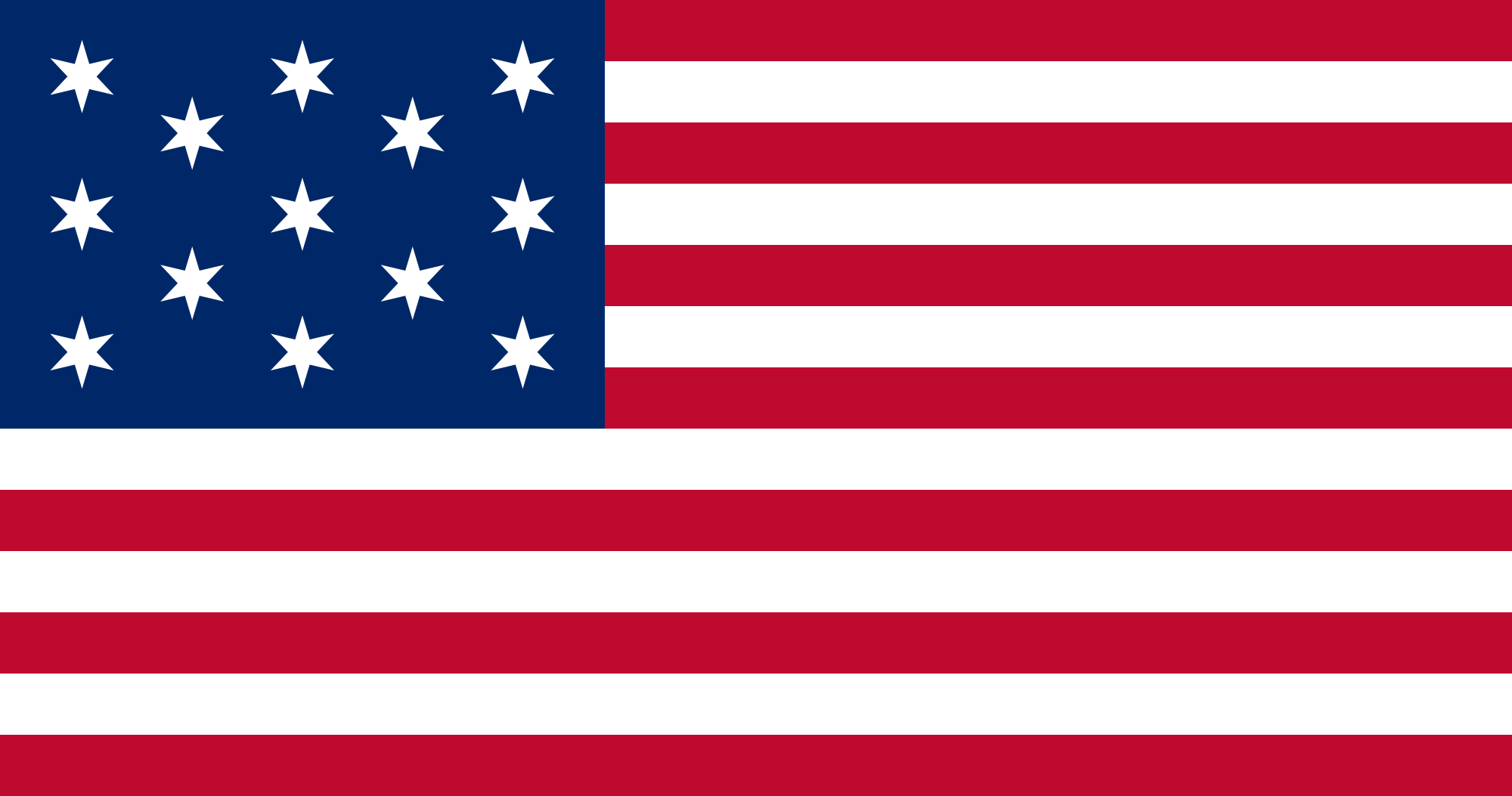
 Timing Your Entry
Timing Your Entry Planning Ahead to Avoid Travel Complications
Planning Ahead to Avoid Travel Complications Get the name, address, and telephone number of the staff person at your U.S. university to contact in case of a travel delay or an emergency, and carry this with you during your trip. Also carry contact information for a person at home and for or another organization that could provide you with support if needed, such as an educational mission or sponsoring agency.
Get the name, address, and telephone number of the staff person at your U.S. university to contact in case of a travel delay or an emergency, and carry this with you during your trip. Also carry contact information for a person at home and for or another organization that could provide you with support if needed, such as an educational mission or sponsoring agency. Pack Smart
Pack Smart Getting Off the Ground
Getting Off the Ground In the Air
In the Air At the Airport
At the Airport